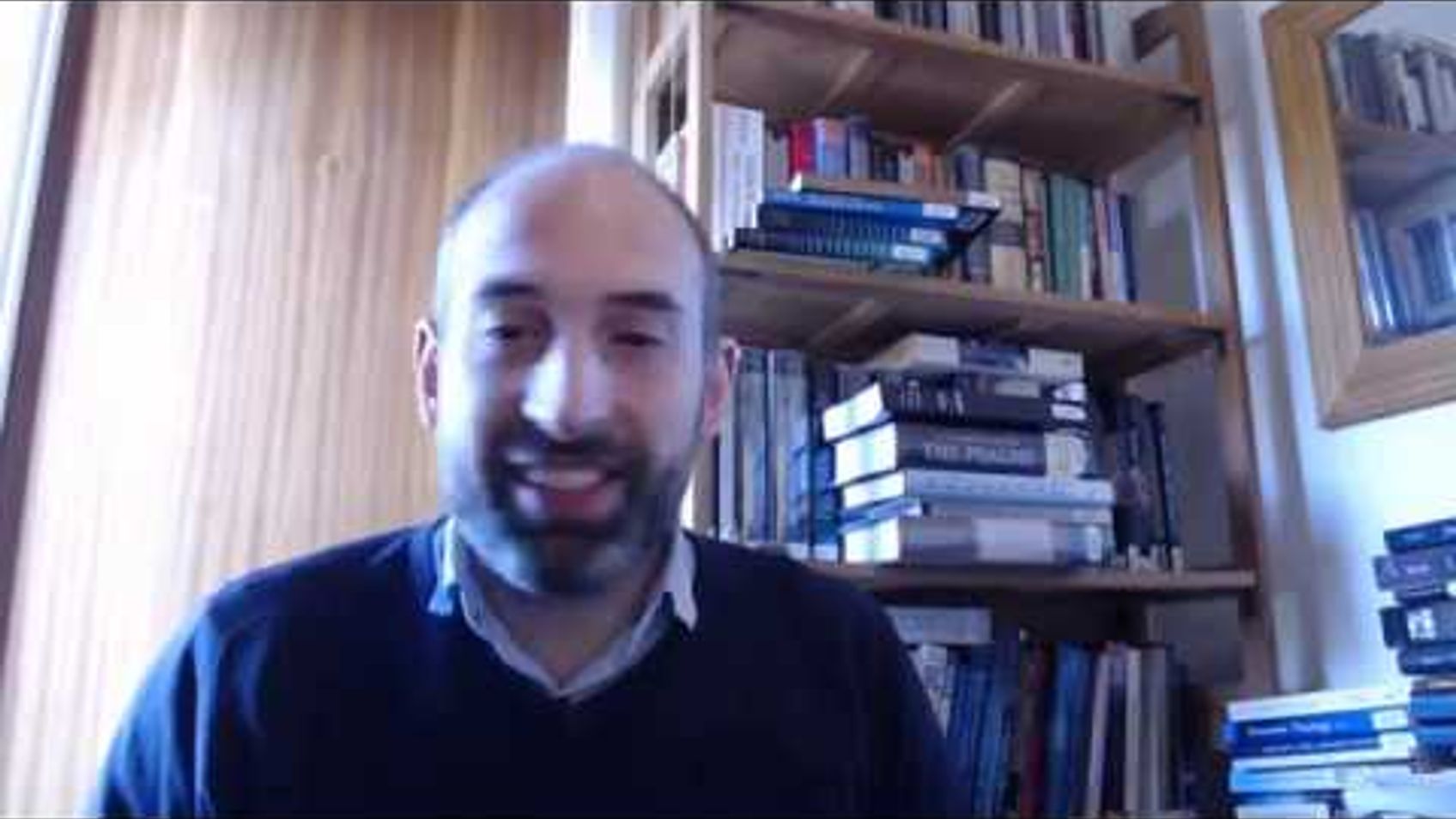
Q&A#64 How Should We Understand the Weird Circumstances Around the Circumcision of Gershom?
Alastair RobertsQ&A#64 How Should We Understand the Weird Circumstances Around the Circumcision of Gershom?

Today's question: "What is happening in Exodus 4 where the Lord seeks Moses' life, but Zipporah circumcises Gershom and touches Moses' feet with the foreskin to make him a "bridegroom of blood"?"
I reference James Jordan's 'Law of the Covenant', which is available in PDF format here: https://www.garynorth.com/freebooks/docs/pdf/the_law_of_the_covenant.pdf. It can also be purchased from Amazon: https://amzn.to/2zMM2uv.
If you have any questions, you can leave them on my Curious Cat account: https://curiouscat.me/zugzwanged.
If you have enjoyed these talks, please tell your friends and consider supporting me on Patreon: https://www.patreon.com/zugzwanged.
My new Soundcloud account is here: https://soundcloud.com/alastairadversaria. You can also listen to the audio of these episodes on iTunes: https://itunes.apple.com/gb/podcast/alastairs-adversaria/id1416351035?mt=2.
More From Alastair Roberts
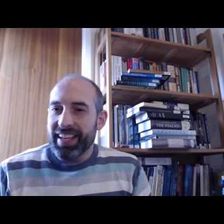
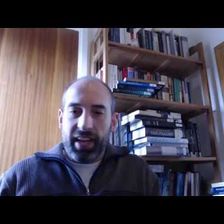
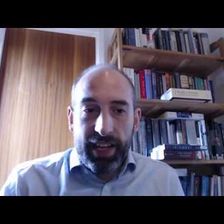
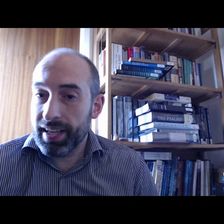
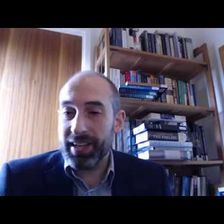
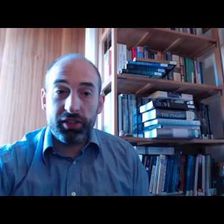
More on OpenTheo














